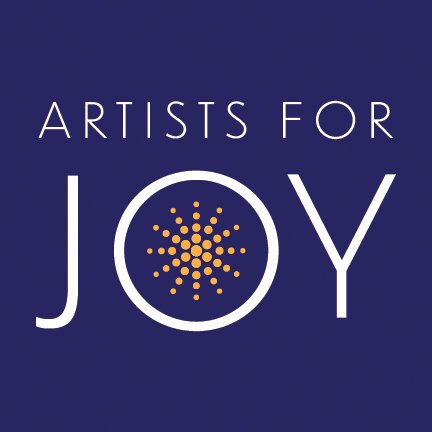Self-Coaching Questions
1. What does crying look like for you? What helps you feel emotional release?
2. What truths do you know that you can use to coach yourself into a more positive mindset? Write them down on post its and put them somewhere you can see them daily.
3. What sounds fun to create right now? Don’t over think it. Find something where you get to make your own creative decisions, even small ones. Do it.
More about today’s performer, Martha Goldstein:
The American harpsichordist and pianist, Martha Goldstein (born: Martha Svendsen), was trained at the Peabody Conservatory and the Juilliard School and studied with Audrey Plitt, Eliza Woods, James Friskin and Mieczysław Munz.
Martha Goldstein gave concerts in the USA, North Africa, the Middle East, and Europe. She performed works by George Frideric Handel, Frédéric Chopin, Georg Philipp Telemann, Franz Liszt, Ferruccio Busoni, J.S. Bach, Johannes Brahms, and others. She taught at the Peabody Conservatory for 20 years and at the Cornish College of the Arts. She also performed as a guest artist with the Soni Ventorum Wind Quintet, wind quintet-in-residence at the University of Washington School of Music since 1968.
Many of Martha Goldstein's recordings were first released on LP by Pandora Records, which was founded in 1973 and active for more than ten years. The company went out of business with the advent of the CD. The entire archive of recordings is now available for download without restriction and can be found at many download sites. Often her recordings reflect historically informed performance, employing original period instruments and tunings.
Commercial recordings: "The Italian Harpsichord" (Pandora Records PAN-101); "J.S. Bach: Flute sonatas. Complete and Authentic Works from the Neue Bach Gesellschaft", Alex Murray (Baroque flute); Martha Goldstein (harpsichord) (Pandora Records PAN-104, 1974); "F. Chopin: Études, Op. 10; Études, Op. 25" (Pandora Records PAN-107); "J.S. Bach: Flute Sonatas. Incomplete and Controversial Sonatas", Alex Murray (Baroque flute); Martha Goldstein (harpsichord) (Pandora Records PAN-105); "J.S. Bach / Martha Goldstein - The Sound of the Keyboard Lute" (Pandora Records PAN-111); "J. Brahms: Waltzes" (Pandora Records PAN-119, 1987); "J.S. Bach: Music for Solo Traverso, Vol. I", Alex Murray (Baroque flute); Martha Goldstein (harpsichord) (Pandora Records PC-176).
